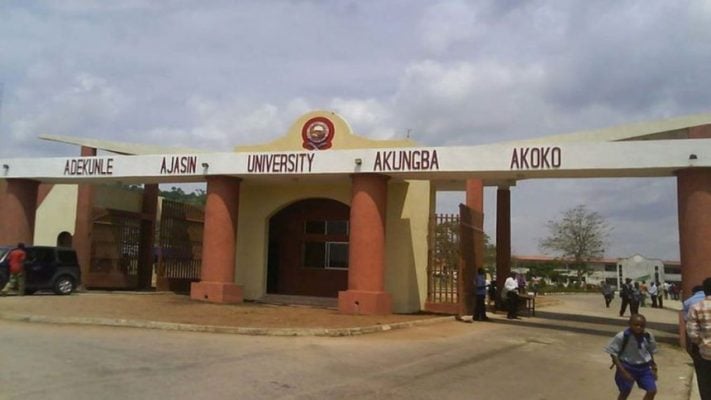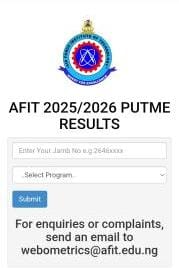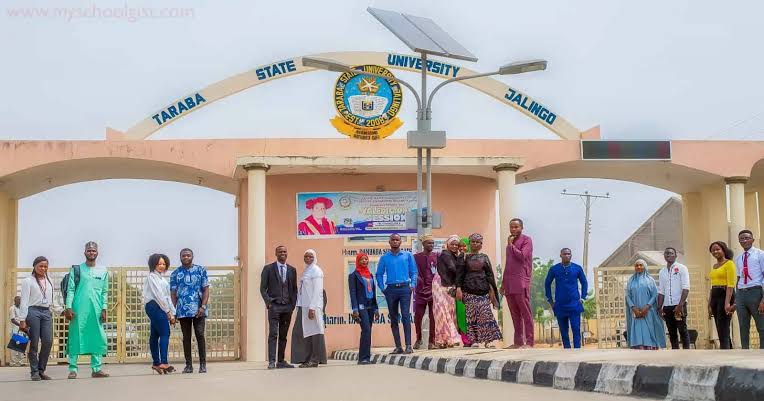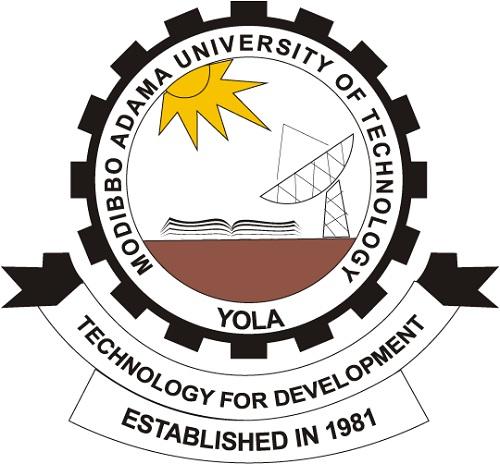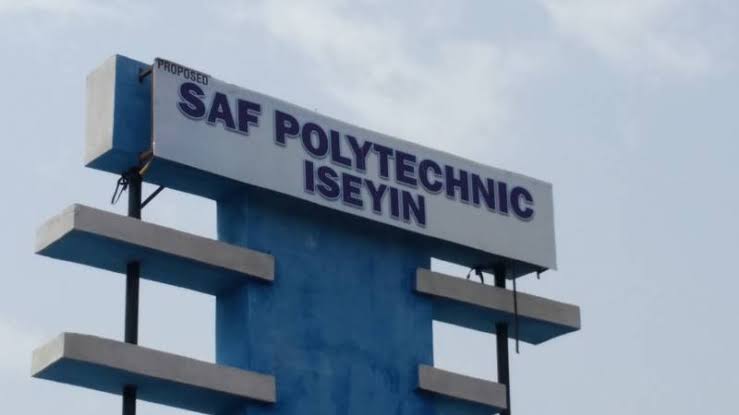Akungba-Akoko, Ondo State — Adekunle Ajasin University (AAUA) finds itself at the centre of a fresh labour standoff after the Senior Staff Association of Nigerian Universities (SSANU) — representing senior and non-teaching staff — warned that it may embark on an indefinite strike unless long-standing salary arrears and recent unpaid wages are cleared immediately. The warning comes amid an already tense atmosphere following industrial action by AAUA’s academic staff in recent weeks.
Workers’ Demands and Rising Frustration
SSANU’s AAUA leadership listed a sweeping set of demands they say have been ignored for years. At the top of the list are:
- 54 months’ arrears dating back to 2019
- 18 months’ arrears of the 25% and 35% salary increments
- Two months’ arrears tied to the 2024 national minimum wage
- Promotion arrears for 2022, 2023, and 2024
- Immediate payment of August and September 2025 salaries
Union leaders explained that many members have not received a salary since July 2025, a situation they describe as “unbearable.”
The AAUA chapter chairman, Comrade Olutayo Ogungbeni, warned that staff can no longer rely on promises without action. He stressed that workers are finding it difficult to meet family obligations and survive under Nigeria’s harsh economic conditions.
ASUU’s Position and Previous Strikes
The looming SSANU strike is coming on the heels of industrial action already declared by the Academic Staff Union of Universities (ASUU), AAUA chapter. ASUU suspended academic activities in late August and early September 2025, citing the same catalogue of unpaid salaries and arrears.
ASUU leaders accused the state government of neglecting the welfare of staff and failing to prioritize funding for higher education. They vowed not to return to class until arrears and allowances are cleared, raising fears of a total shutdown of academic activities on campus.
Government’s Response So Far
While the state government has made general statements about improving funding for education, unions insist that these promises have not translated into tangible payments. Officials have spoken about committees and plans to review subventions to the university, but there is no concrete payment schedule.
This silence and lack of transparency have further angered staff, who feel their patience has been stretched beyond its limits. According to union leaders, several letters and reminders have been sent to the government without a single firm response.
The Impact on Students and Parents
The possibility of a prolonged strike has thrown students and parents into uncertainty. Thousands of students are already concerned that the strike will disrupt their academic calendar yet again.
For final-year students, the situation is particularly frustrating as convocation ceremonies, project defenses, and examinations could all be suspended. Parents and guardians, already battling with the rising cost of living, may have to cope with additional expenses caused by an extended academic session.
Beyond finances, frequent strikes also demoralize students, reduce productivity, and weaken the reputation of the institution in the eyes of both employers and the global academic community.
Deeper Problems Behind the Crisis
While unpaid salaries are the immediate cause, the crisis points to deeper structural challenges facing state-owned universities like AAUA:
- Heavy dependence on irregular government subventions
- Long-standing arrears that accumulate into massive backlogs
- Delays in implementing national wage agreements and salary increments
- Lack of transparency in how funds are allocated and disbursed
Experts argue that unless these systemic issues are addressed, AAUA and similar institutions will remain vulnerable to recurring strikes and crises.
Possible Outcomes
- Immediate Intervention: The government disburses funds or presents a clear, time-bound payment plan. This could ease tensions and temporarily restore stability.
- Partial Payments: Authorities may offer phased payments, but this risks only postponing another round of industrial action.
- Full Escalation: If no credible step is taken, both SSANU and ASUU could withdraw services completely, resulting in a prolonged shutdown of the university.
What Stakeholders Should Do
- Students and parents: Stay updated through official university announcements and prepare for potential delays in the academic calendar.
- University management: Improve transparency by publishing clear financial updates and payment schedules.
- Government: Release a verifiable plan to settle outstanding obligations and prioritize staff welfare.
- Unions: Continue engaging in dialogue while keeping members and the public informed.
Why This Matters
The Adekunle Ajasin University salary crisis is not just a local issue; it reflects the broader struggles of Nigeria’s tertiary education system. Underfunding, wage arrears, and repeated industrial actions are eroding the quality of higher education, frustrating students, and driving many abroad in search of stability.
Unless decisive action is taken, Nigeria risks more brain drain among academics and students, and the credibility of its public university system will continue to diminish.
